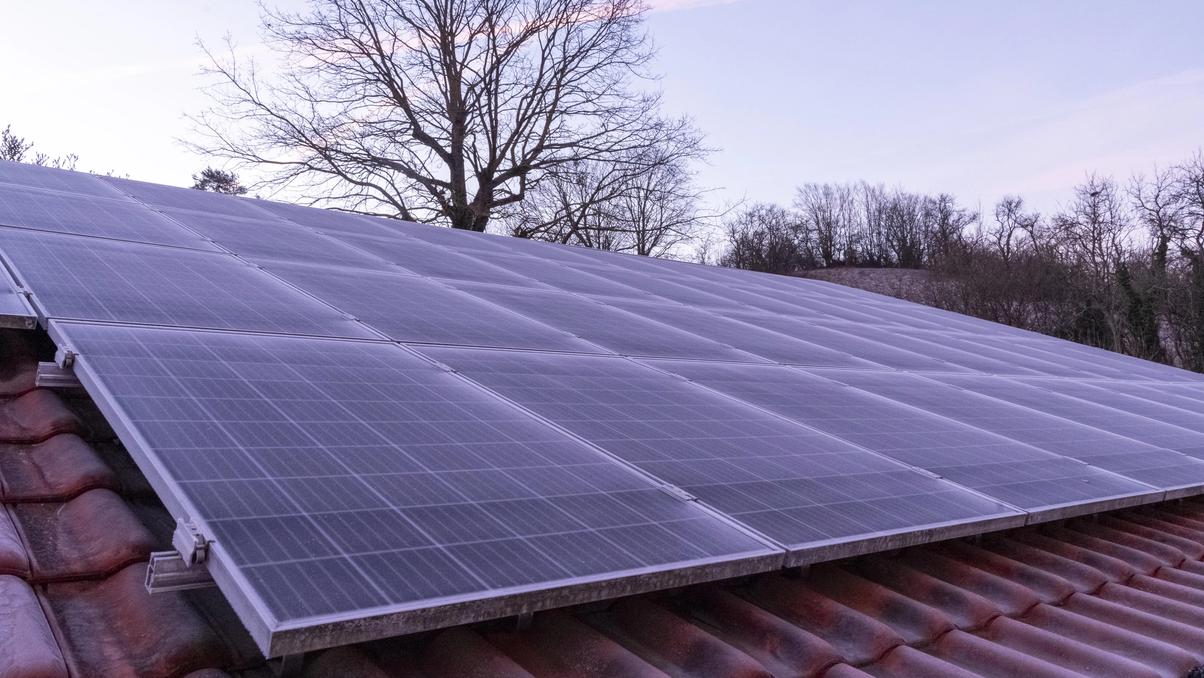Too Much Power: The Downside Of California’s Solar Panel Boom
Other states are headed in the same direction. Shutterstock
Shutterstock
News that is entertaining to read
Subscribe for free to get more stories like this directly to your inboxDriving through just about any neighborhood across the nation’s most populous state will reveal a host of homes rocking solar panels on their roofs. And this makes sense, of course.
After all, not only are Californians generally interested in prioritizing renewable resources, but there’s also just a heck of a lot of sunshine there.
But could there actually be too many panels contributing to the state’s power grid? On the surface, it might sound like an absurd question … but it’s one that experts are seriously asking.
Solar energy by the numbers
There are new panels being added everyday, so it’s hard to find up-to-date statistics, but the most recent data available indicates that the state churns out almost 47 gigawatts of solar power. That’s enough to provide power to almost 14 million homes and it currently accounts for more than 25% of the state’s electricity output.
So what’s the problem? In a nutshell: springtime.
The sun is out and the temperature is moderate, meaning energy supply is significantly higher than demand. This creates a scenario in which the cost of electricity is effectively below zero and some of the solar energy is wasted.
A nationwide trend emerges
Other U.S. states are ramping up their installation of solar panels with incentives to homeowners who choose to add them to their property. But California’s lead might serve as a cautionary tale.
Incentives in that state are being rolled back and the formerly furious embrace of solar panels is cooling off significantly.
Solar energy is still a valuable resource, though, and researcher Michelle Davis says officials just need to figure out the right balance for their respective states.
“These are not insurmountable challenges,” she advised. “But they are challenges that a lot of grid operators have never had to deal with.”
 Why Is The Aging Voyager 1 Probe Sending Back Incoherent Communications?
It's been speaking gibberish for a few months and officials are concerned.
Why Is The Aging Voyager 1 Probe Sending Back Incoherent Communications?
It's been speaking gibberish for a few months and officials are concerned. One Woman’s Massive Donation Is Wiping Out Tuition At This Medical School
Her inheritance came with the instruction to do "whatever you think is right."
One Woman’s Massive Donation Is Wiping Out Tuition At This Medical School
Her inheritance came with the instruction to do "whatever you think is right." Woman’s Pets Will Inherit Her Multimillion-Dollar Fortune, Not Her Kids
It's not the first time four-legged heirs were named in a will.
Woman’s Pets Will Inherit Her Multimillion-Dollar Fortune, Not Her Kids
It's not the first time four-legged heirs were named in a will.